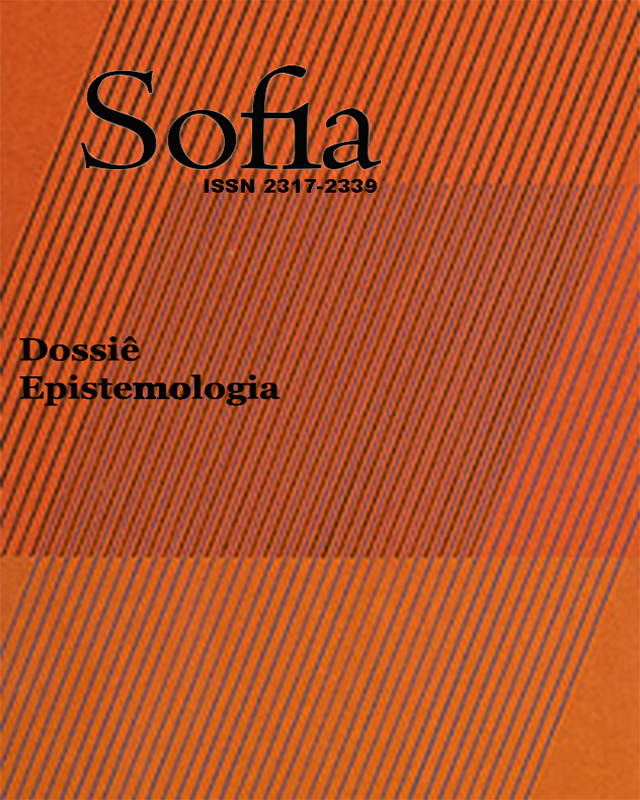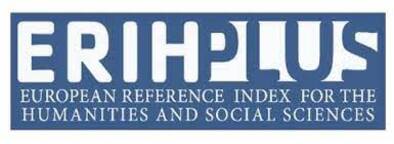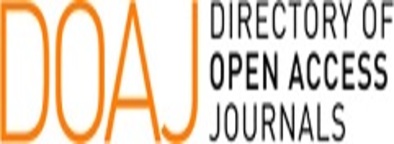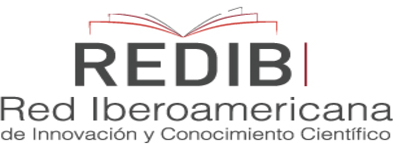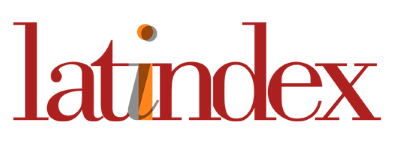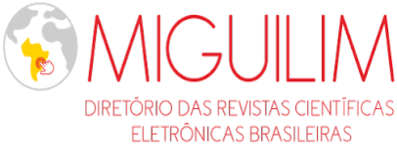Towards a dual ontology: duality, a case study
DOI:
https://doi.org/10.47456/sofia.v7i1.19403Abstract
The main aim of this work is to depict the interconnection of the most relvant
formal concepts of modal logic and category theory, i.e., bisimulation and
duality, arising from the mathematical analysis of physical processes and to
show their relevance with respect to some foundational issues related to the actual ontological debates. Current foundamental physics concerns the non-linear thermodynamics of the quantum eld, whose range is made of far from equilibrium systems and whose basic mechanism of symmetries (patterns) formation supposes the spontaneous breaking of symmetries (SBS). SBS implies that such systems reach unpredictable states. Thus, evolutive and/or far from equilibrium systems are to be conceived primarily as processes and just in a secondary way as objects, for the information they display is always incomplete with respect to their evolution. Formally, this is due to their non-linear mathematical behaviour.
This make a question about the ontology of such systems, given that
the actual most widespread ontologies conceive existent entities just as objects
(actualist ontologies). It is claimed that the fundamental dierence and advantage of category theoretic approach to foundation is that, instead of considering objects and operations for what they 'are', as it is in set theory, in and through category theory we are considering them for what they 'do'. This, of course, would constitute a signicative shifting in mathematical philosophy and in foundationof mathematical physics: from a Platonic to an Aristotelian ontology of
mathematics (and, then, of physics). Actually, providing a contribution to this
very shift is what this paper want to be focused on. In fact, the implicit point
the present investigation is concerned with is how to treat the potential innite:
the modalization of the existence of each object of the domain of quantication
means a potentially innite variation of the domain of quantication. The Aristotelian notion of potentiality diers with the usual one (employed by Platonism and/or formalism and/or conceptualism) inasmuch it does not presupposes any actuality. For instance, it is well known that the Platonic presupposition of set theory consists in the fact "that each potential innite, if it is rigorously applicable mathematically, presupposes an actual innite" [Hallett (1984, p. 25)]. In turn, the formalist notion of (absolute) completeness derives directly from that, if only for the actuality of the information a formal system was intended to dispaly.
Downloads
Downloads
Additional Files
Published
How to Cite
Issue
Section
License
Copyright (c) 2018 Francesco Maria Ferrari

This work is licensed under a Creative Commons Attribution 4.0 International License.
Dada a política de acesso público da revista, o uso dos textos publicados é gratuito, com a obrigação de reconhecer a autoria original e a primeira publicação nesta revista. Os autores das contribuições publicadas são inteiramente e exclusivamente responsáveis por seus conteúdos.
I Os autores autorizam a publicação do artigo nesta revista.
II Os autores garantem que a contribuição é original e assumem total responsabilidade pelo seu conteúdo em caso de impugnação por terceiros.
III Os autores garantem que a contribuição não está sob avaliação em outra revista.
IV Os autores mantêm os direitos autorais e concedem à revista o direito de primeira publicação, sendo o trabalho licenciado sob uma Licença Creative Commons Atribuição-BY.
V Os autores são autorizados e incentivados a divulgar e distribuir seu trabalho on-line após a publicação na revista.
VI Os autores dos trabalhos aprovados autorizam a revista a distribuir seu conteúdo, após a publicação, para reprodução em índices de conteúdo, bibliotecas virtuais e similares.
VII Os editores reservam o direito de fazer ajustes no texto e adequar o artigo às normas editoriais da revista.

